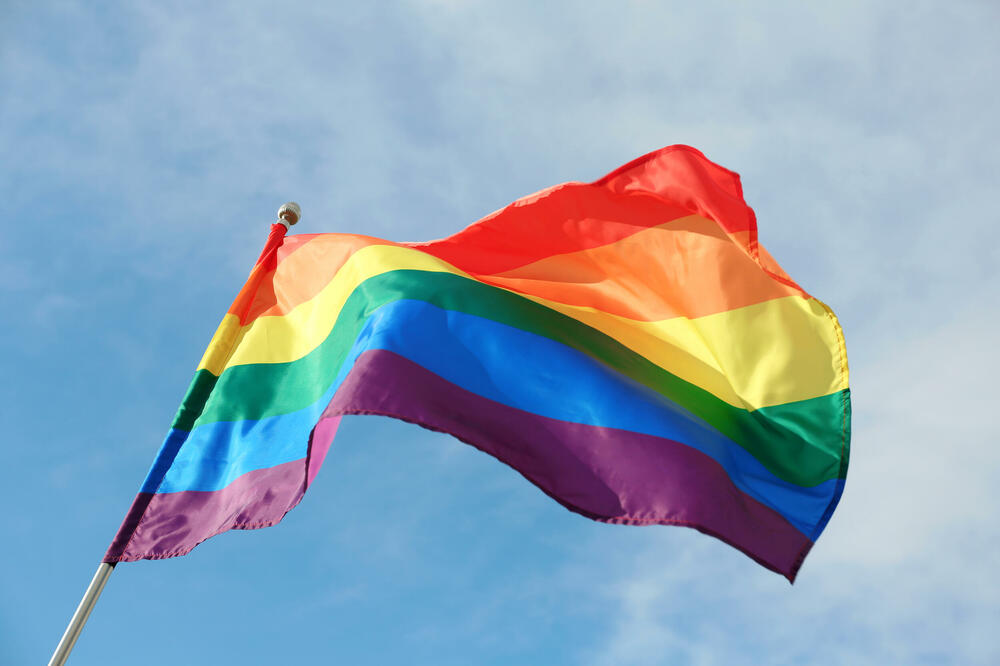Human rights groups and diplomats have sharply criticized the law passed by the Iraqi parliament, which prescribes long prison sentences for LGBT+ people.
Human Rights Watch's LGBT+ Human Rights Program researcher Rasha Younes said the adoption of the law seals the appalling record of violations of the rights of LGBT+ people in Iraq and represents a serious blow to basic human rights, including the right to freedom of expression and association, privacy, equality and non-discrimination. .
A 2022 Human Rights Watch report stated that armed groups in Iraq kidnapped, raped, tortured and killed lesbians, gays, bisexuals and transgender people. It was also stated that they went unpunished because the Iraqi government did not prosecute those cases.
US State Department spokesman Matthew Miller said in a statement that the law poses a threat to those most vulnerable in Iraqi society and warned that the law could discourage foreign investment.
British Foreign Secretary David Cameron called the law "dangerous and worrying".
Although homosexuality is a taboo subject in conservative Iraq and politicians sometimes conduct anti-LGBT campaigns, such orientation has not been criminalized until now.
The law was adopted yesterday without announcement, as an amendment to the existing law against prostitution. It prescribes a sentence of 10 to 15 years in prison for those who are in same-sex relationships and from one to three years for people who undergo sex change operations, and for "intentionally practicing femininity."
Any organization that "promotes sexual deviance" is also banned.
In the previous draft, which was ultimately not adopted, even the death penalty was mentioned.
Iraqi officials defended the law, arguing that it protects social values.
Acting Speaker of the Iraqi Parliament Mohsen Al-Mandalavi said in a statement that the vote was "a necessary step to protect the value structure of society" and to protect children from calls to moral depravity and homosexuality.
Bonus video:





